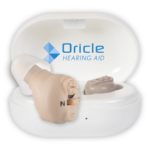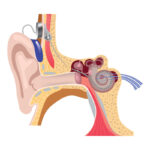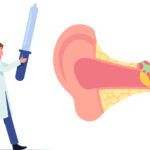Improving Your Hearing: Effective Treatments for Muffled Sounds
If one ear feels muffled, you're experiencing conductive hearing loss. Sound waves are unable to penetrate the middle and outer ear properly and cannot enter the inner ear. This condition can be sudden and affect both ears, or it can develop over time. This article will discuss the symptoms of muffled hearing, as well as possible treatments and prevention. If you're suffering from muffled hearing, contact your doctor as soon as possible.
Symptoms for Muffled Sounds
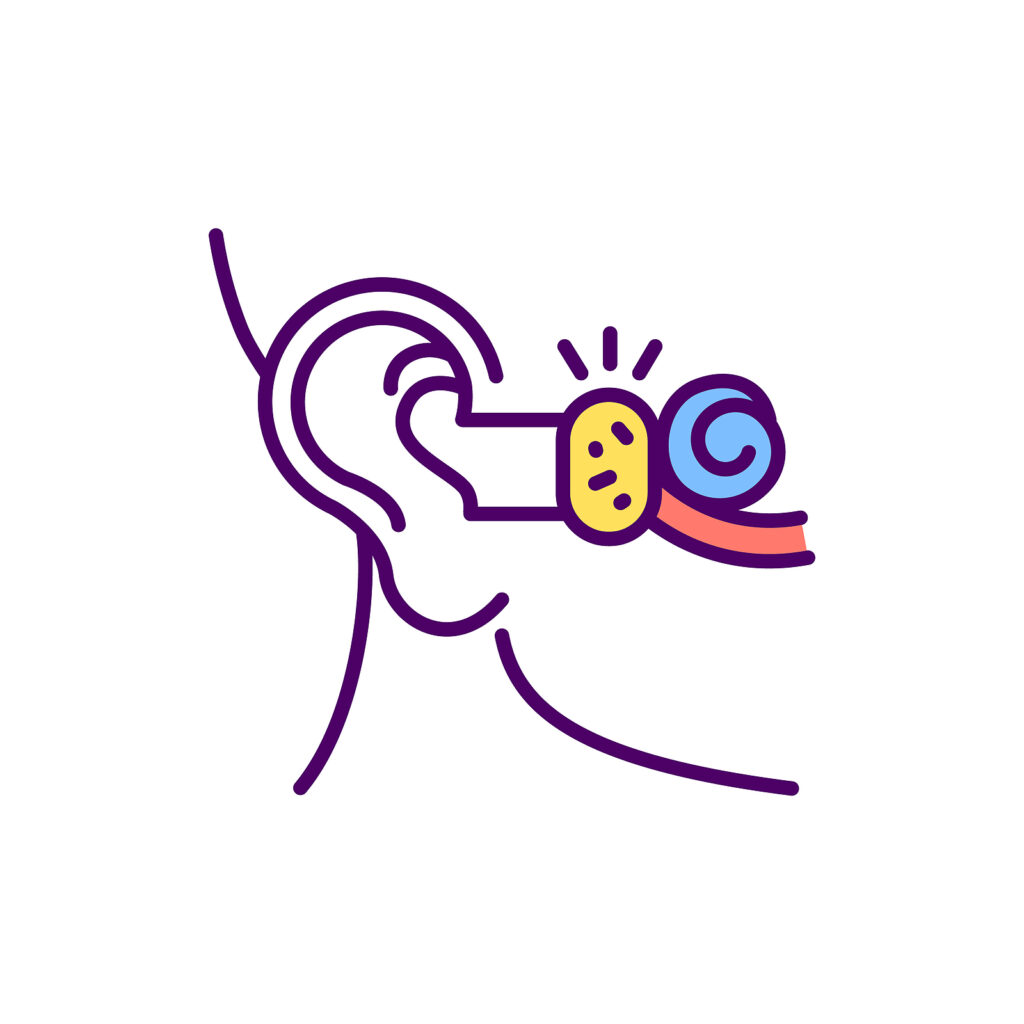
There are several causes of muffled hearing, but in many cases, a clogged ear canal is the main culprit. Sometimes, people will experience muffled hearing after a cold or sinus infection. In such cases, muffled hearing is often the result of an imbalanced amount of air in the ear. However, it is not always necessary to visit the doctor. Listed below are a few symptoms of muffled hearing and how to treat them.
Ear infections and sinus infections are two common causes of muffled hearing. In both of these cases, swelling prevents fluid from draining properly and can permanently damage hearing. Treatment for acute infections may be as simple as taking over-the-counter antibiotics, but more severe cases may require a specialist. In such cases, the doctor can repair the eardrum or assess the need for a hearing aid. The condition can also be a sign of an ear infection or a perforated eardrum.
A persistent earache is often the first symptom of a muffled hearing problem. Other symptoms include pain in the ears and balance problems. Some people also experience a popping or clicking sensation that can be caused by a blocked eustachian tube. Taking antihistamines or decongestants is usually effective, and the symptoms will clear up within a few days. Occasionally, an ear infection will lead to a temporary muffled hearing problem.
Causes for Muffled Sounds
Muffled hearing is a common ailment, resulting from imbalanced air pressure in the ear. It may also occur when your ears are full or inflamed. If you experience muffled hearing, consult your healthcare professional to determine the exact cause of the condition. If you're unsure, consider your allergies. Many common colds and allergies also cause muffled hearing. While muffled hearing is a common ailment, it's best to consult with a healthcare professional for any questions.
The primary cause of muffled hearing is respiratory tract infections. The resulting fluid buildup is a perfect breeding ground for bacteria and leads to muffled hearing. The good news is that muffled hearing is not permanent! Depending on the cause, a cure is available for muffled hearing. Hearing aids can also greatly reduce the symptoms of muffled hearing. And since there are many causes of muffled hearing, there's something for everyone!
In rare cases, a medical condition called Meniere's disease may cause muffled hearing in one ear. This disorder typically develops in individuals between forty and 60 years of age, and if left untreated, can cause permanent hearing loss. Meniere's disease symptoms include ringing, tinnitus, and vertigo. Treatment will involve motion sickness medications and hearing aids. A doctor will likely recommend testing and treatment for patients with this condition.
Another cause of muffled hearing is earwax. A buildup of earwax can clog the ear canal, blocking sound from entering. You may be able to clear this blockage yourself by using a small earwax removal kit or consulting a doctor. Other causes of muffled hearing include head injuries and tumors. If you notice muffled hearing, you should seek medical care.
Treatments for Muffled Sounds
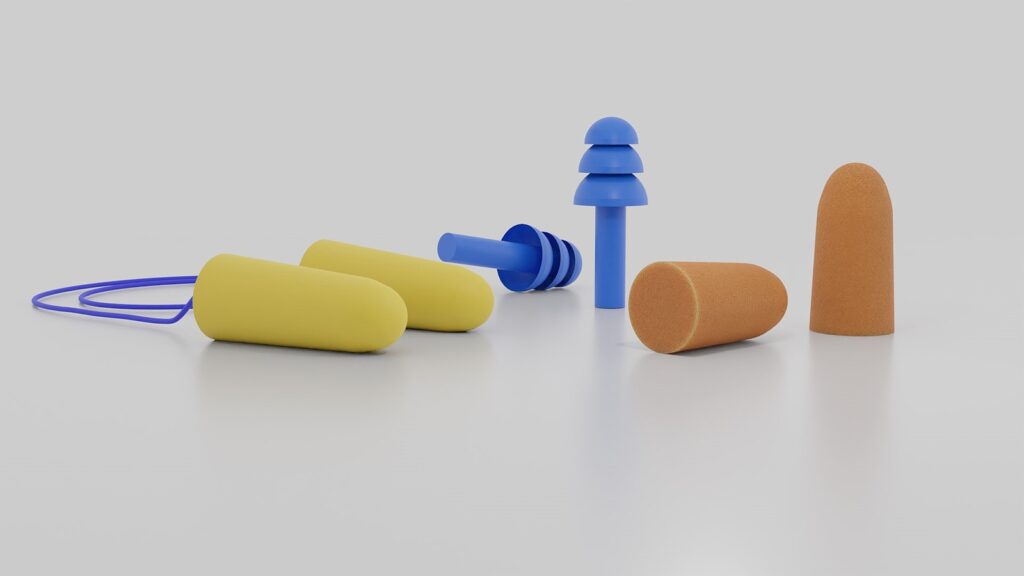
There are several treatments for muffled hearing. A medical professional can determine the underlying cause and prescribe appropriate treatment. Some cases may resolve on their own with time, and others may require medical intervention. Sometimes, however, a muffled ear is the result of a more serious condition. A doctor will recommend an appropriate treatment based on the underlying cause of your muffled hearing. Listed below are some common treatments for muffled hearing.
An ear blockage is a common cause of muffled hearing. This can be caused by excessive ear wax or fluid, or it can be caused by a tumour, such as a cholesteatoma. A blocked ear may also result in muffled hearing if you've taken a flight. Your Eustachian tubes connect your nose and throat to the middle ear, and they don't handle changes in pressure well. The result is ear barotrauma, which can last for hours or even longer.
Changing conditions outside can also cause muffled hearing. The pressure outside can change in a dramatic way, causing you to experience difficulty hearing or balance. You might also be experiencing muffled hearing if you're suffering from a common cold or high altitude. In such cases, you'll likely need decongestants to clear the muffled air. If you can't find a permanent cure for muffled hearing, visit a hearing health professional.
Another common cause of muffled hearing is earwax. It can clog the ear canal and impair your ability to hear high-pitched sounds. Several causes of muffled hearing can occur, from earwax buildup to a middle ear infection. In either case, there are several treatments to improve your quality of hearing. There are also a few home remedies for muffled hearing.
Eardrum perforation is another possible cause of muffled hearing. This occurs when a hole or tear forms in the middle ear. While this is a relatively minor ear condition, it should be investigated by a medical professional. The damage to the eardrum is usually harmless and will heal on its own, though severe cases may require surgery to repair it. In addition, a perforated eardrum is an entry point for bacterial infection. Antibiotics are a good idea.
Prevention
Some people suffer from muffled hearing due to various conditions. For instance, it is possible for earwax to become impacted in the ear canal, preventing you from hearing clearly. While you can remove this earwax on your own, it is best to seek medical assistance if the blockage is substantial. It may also be due to an underlying illness, such as a cold or infection.
One of the primary causes of muffled hearing is noise. A person who has muffled hearing has difficulty hearing, making it difficult to enjoy everyday activities. Noises from outside can be muffled and it may feel like you have cotton balls in your ears. The problem can also make it difficult to hear other people. Because of this problem, it is essential to treat the cause and prevent future episodes. There are several easy ways to relieve muffled hearing.
To help prevent muffled hearing, you should avoid certain situations that can cause it. For example, earwax in the ear canal can clog it and cause muffled hearing in one ear. Other causes of muffled hearing include an infection in the middle ear, an airplane, or medicines. If you suspect that your ears may be muffled, see your doctor. Treatment for muffled hearing may include the use of antibiotics, decongestion, and other procedures to open up the Eustachian tubes. If your ears aren't getting enough oxygen and nutrients, see an ear care specialist.
Another cause of muffled hearing is excessive exposure to loud noises. People suffering from muffled hearing often experience ringing in their ears. Wearing protective ear equipment can significantly reduce your risk of acquiring permanent hearing loss and lifelong tinnitus. These are just a few ways to protect your hearing and reduce your risk of permanent damage. But there are also many other ways to prevent the muffled hearing from occurring.
Sources for Treatments for Muffled Sounds:
- Healthline. Muffled Hearing: Causes, Treatments, and Prevention. https://www.healthline.com/health/muffled-hearing
- WebMD. Conductive Hearing Loss. https://www.webmd.com/a-to-z-guides/conductive-hearing-loss
- National Institute on Deafness and Other Communication Disorders. Hearing Loss and Older Adults. https://www.nidcd.nih.gov/health/hearing-loss-older-adults#5


